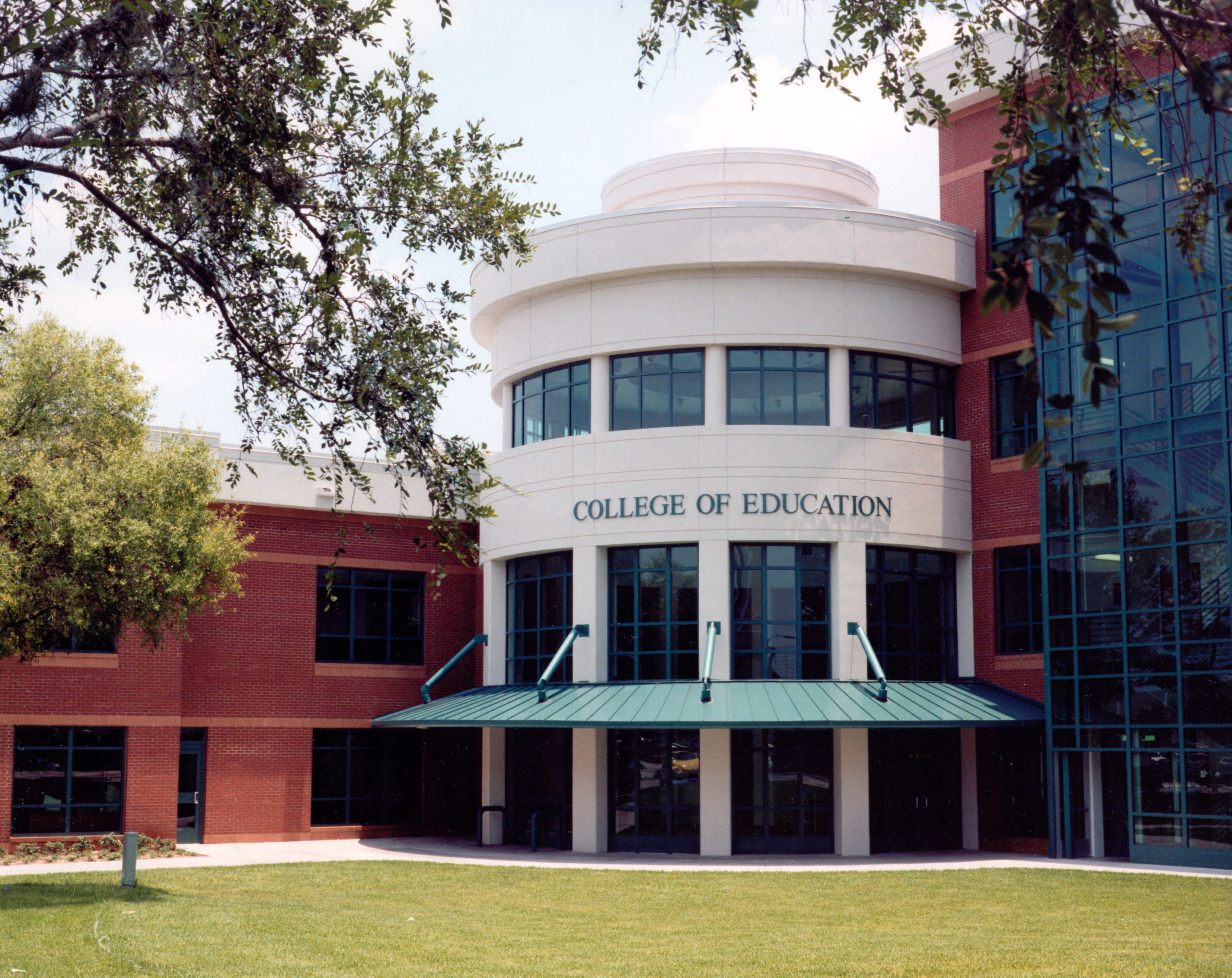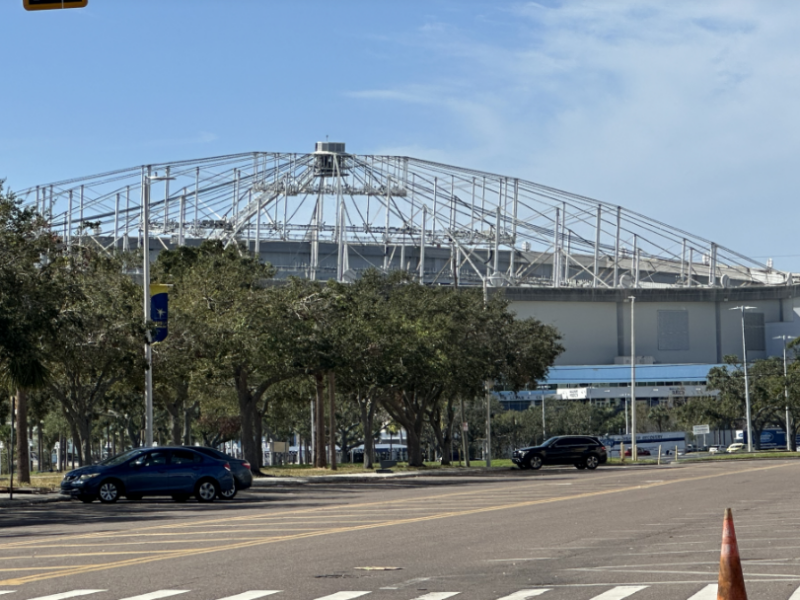Pictured Above: It was revealed Wednesday that USF will be closing the College of Education. Following the graduation of currently enrolled undergraduate education majors, the university will serve only graduate students in a reconfigured graduate school of education that falls under another college.
Courtesy of USF
By Sophie Ojdanic and Annalise Anderson
When junior education major Conner Diefendorf started a Facebook petition to rally support for the College of Education, he had a modest goal of 100 signatures.
As of Oct. 18, the petition had 7,872 signatures.
“I have been in awe of the response and we couldn’t be more motivated to try and create change at USF,” Diefendorf said.
He sprang into action after USF’s bombshell announcement last week that the College of Education will be dismantled and reconfigured into a graduate school of education that falls under another college.
The move will save the university $6.8 million over two years as it strives to adjust to sharply declining revenues during the COVID-19 pandemic.
But Provost Ralph Wilcox and Judith Ponticell, the college’s interim dean, stressed that — over the long term — the change could be what Wilcox called “a real opportunity to strengthen” the university by enriching the programs it offers.
Many current education students like Diefendorf weren’t buying it. Neither were many graduates of the college and faculty who taught there for years.
Dr. Sonia Helton was a professor and director in the College of Education for 32 years before retiring in 2004.
In an email that she sent to former colleagues and shared with The Crow’s Nest, Helton said the university’s decision marked “a sad day for all who believe in professional teacher training, learning and serving for our communities, schools and families.
“We all did a fantastic job building a university and college that went ‘poof,’ ” she wrote. “The good news is we also built the futures for many, many graduates and students that won’t go ‘poof.’ ”
However, Wilcox found justification in reliance on state colleges to prepare future educators for the workforce.
“Many students are electing to enroll in state colleges,” Wilcox said.
“The majority are graduate students, which prompted us to envision a future, not as a comprehensive serving College of Education, but as a more strategically focused Graduate School of Education, still serving the needs of our students and our communities, particularly in the pre K through 12 public schools,” Wilcox said.
According to Wilcox, the university will offer a five-year pathway for students seeking certifications in education.
This would mean students could get a four-year degree in a field of their choice, then take an extra year of classes to become certified in teaching.
According to Wilcox, current students in the College of Education will still be able to complete their degrees.
“We are absolutely committed to supporting currently enrolled students along their path to timely graduation,” he said. “The experience will not change for them, what we would expect to see in the years to come is a diminished array of academic programs available to students seeking an education at the University of South Florida.”
Ponticell, the interim dean, said that the decision to shift the College of Education to a graduate school is not unusual for universities.
Ponticell offered Harvard University, Stanford University, and the University of California at Berkeley as examples of universities that offer only graduate programs in education.
Henry Burrows, a senior education major, criticized the timing of the decision.
“Ask anyone in the education field, and they will agree that there is a teacher shortage within Hillsborough and Pinellas counties,” Burrows said. “Closing USF’s College of Education, the primary generator of new teachers in the Tampa Bay area, is exactly the antithesis of what is beneficial to the region’s K-12 students.
“This is an egregious disservice to the very communities that USF claims to strive to serve.”
Diefendorf also criticized the decision’s timing.
“With already a decline in teachers in the country this is the worst time to close a program because it will affect the quality of teachers you will get and how well a student is going to be taught the curriculum needed,” he said.
Diefendorf hopes his petition will aid in “(reversing) this decision that has been made by the USF administration.”
“We will be doing that through people in Student Government and trying to get our president of the university, Steve Currall, on board with looking into changing the decision,” Diefendorf said. “This is a college that prides itself on producing teachers all over the state of Florida and the fact they would be cutting off a direct pipeline from USF to the Hillsborough County school system is hard to fathom.”
Diefendorf said he and his friend, Spencer Bazen, an elementary education major, “felt like teachers have been underappreciated for long enough.
“Also, it is against the law to strike or protest in Florida as a teacher. So, we want to try to do as much as we can for the generation behind us before we become teachers.”
Burrows questioned the future of USF St. Petersburg’s education building, H. William Heller Hall. Burrows, who worked with Heller, a former dean of the college and chief executive of the campus who died last month, said he wonders how the building will be used now.
“Will the second floor of this building bearing his name be left to decay?” Burrows asked.
Burrows suggested that the decision dismantles the very foundation on which university was built.
“Historically, the very first degrees earned at USF St. Petersburg were 51 degrees in Elementary Education,” Burrows said. “Teaching teachers is part of our DNA. To strip the campus of the College of Education is to snip away at our history.”
Ponticell said the university still plans to maintain its history in education.
“Education at USF has been part of its history, from the very, very beginning of the institution,” Ponticell said. “And we intend to be part of this history, going forward, but we also intend to be part of that history in a different way.”
Nancy McCann contributed to this report.



